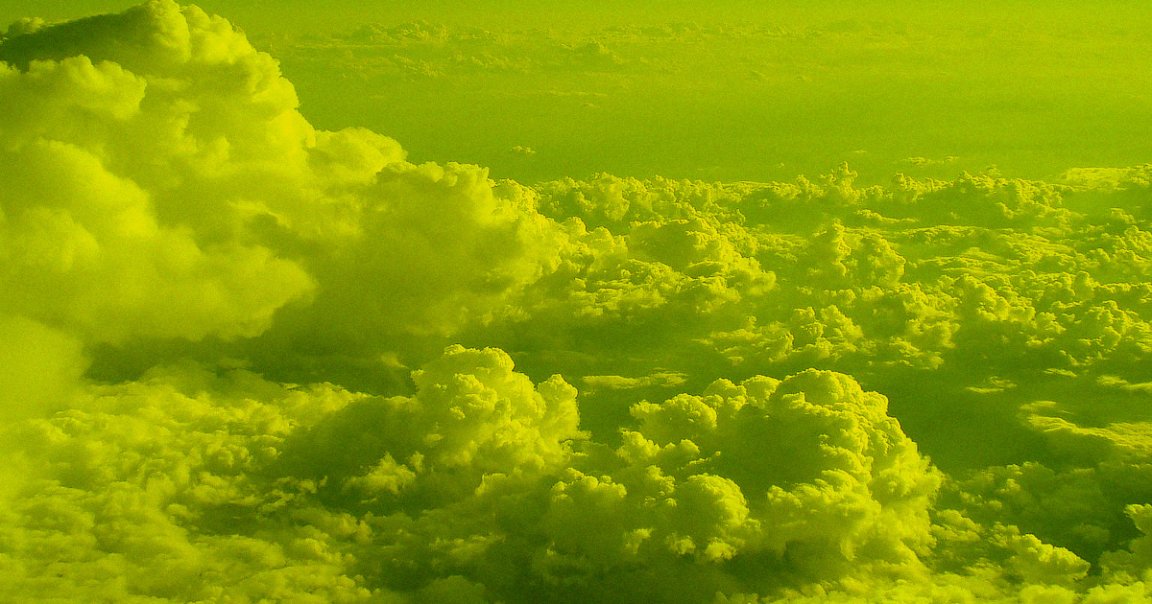
The discovery of phosphine in the atmosphere of Venus — a colorless and odorless gas that researchers say is a possible sign of life — made a huge splash in science and space media yesterday.
The findings bolster the idea that microorganisms could survive in the planet’s atmosphere, despite the hostile conditions — a hypothesis that famed astronomer Carl Sagan put forward over 50 years ago.
But was it just hype — or is it really possible that organic life can survive there? In a new CNN opinion piece, MIT researcher and member of the international team that announced yesterday’s findings in the journal Nature Astronomy Sarah Seager writes that the finding forces a pair of extraordinary conclusions.
She wrote that “my takeaway is that it indicates there is something highly unusual going on to produce phosphine — either some completely unknown chemistry, or possibly some kind of microbial-type life.”
“Each explanation, somehow, seems equally crazy,” she added.
The phosphine detection, a project led by Jane Greaves of Cardiff University in the UK, came as a shock to Seager.
“When I first learned of Jane’s finding I simply didn’t believe it,” she wrote.
“The finding is so astonishing because phosphine should not be present in Venus’ atmosphere,” Seager argues. “Phosphine needs lots of hydrogen and the right temperatures and pressures to form — conditions found on Jupiter and Saturn but not at all on Venus.”
The researcher also acknowledges that conditions on Venus would give alien life a really hard time, from the scorchingly hot surface to an extremely acidic environment. In fact, “the acid environment is billions of times more acidic than the most acidic environments on Earth,” Seager explained.
Yet there is a sweet spot in Venus’s clouds, 30 to 37 miles above the surface, “where the temperature is not too hot, not too cold, but just right for life.”
To Seager, it means that “our finding of phosphine gas now raises Venus as just one more place to take seriously in the search for life beyond Earth — maybe not so crazy after all.”
The discovery made such a big splash, it drew the attention of NASA as well.
“It’s time to prioritize Venus,” NASA administrator Jim Bridenstine wrote in a tweet following the announcement.
READ MORE: Our crazy finding suggesting life on Venus [CNN]
More on the discovery: Researchers Discover Signs of Life on Venus